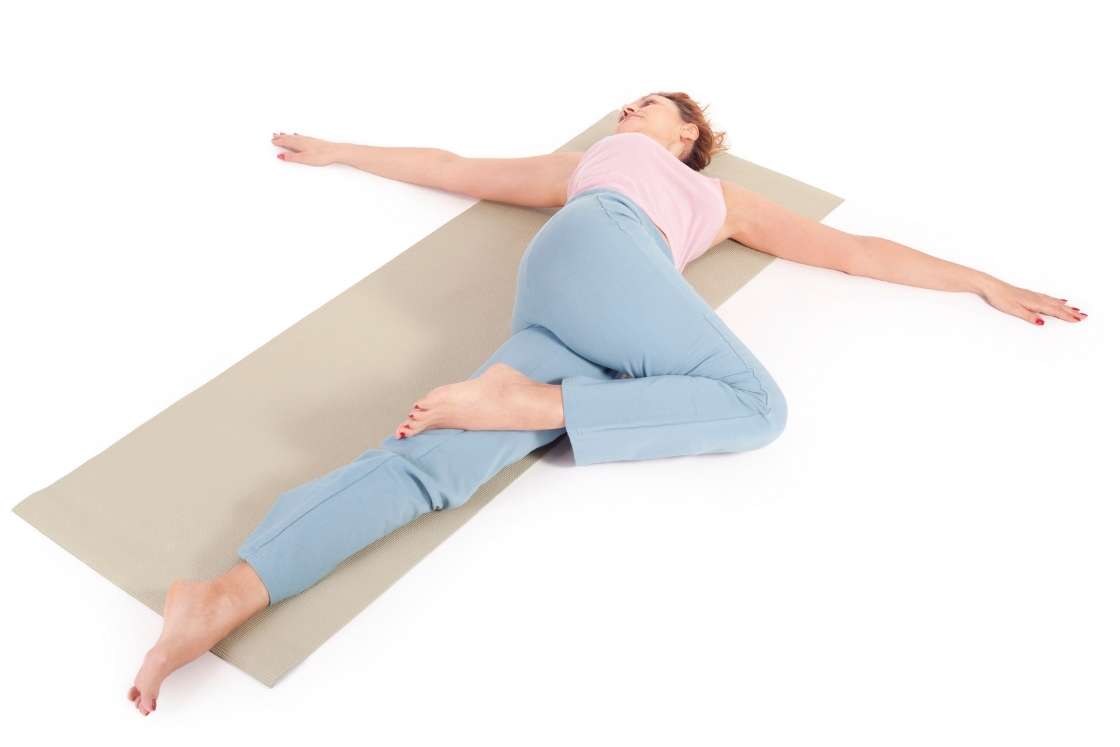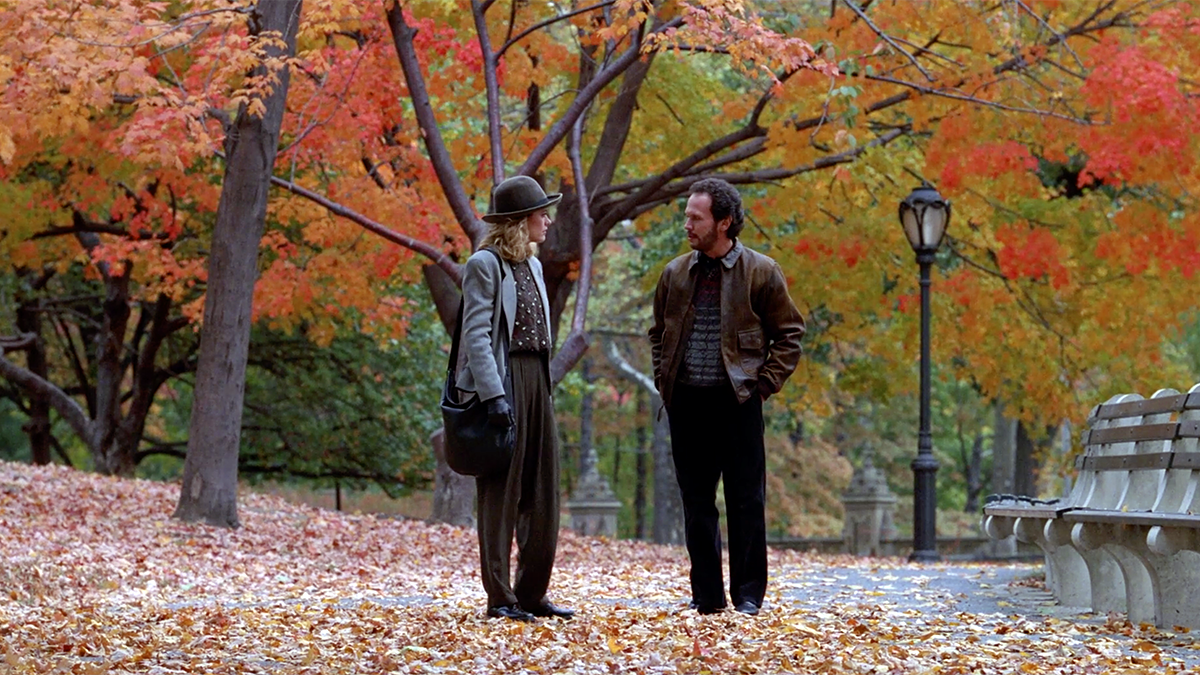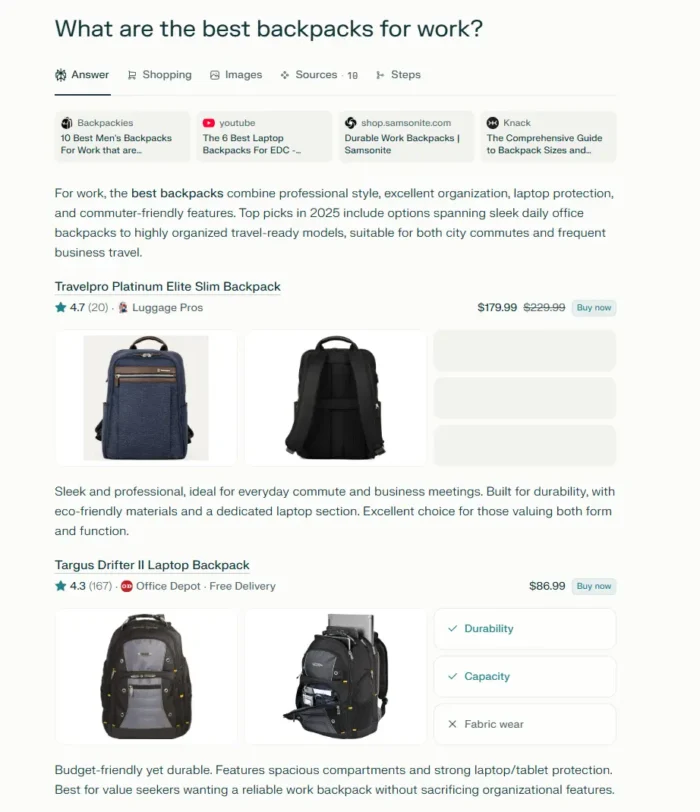Add These 12 Killer Supersets to Your Next Workout
Who doesn’t love a superset? Pairing two exercises saves time in your main workout, provided the routine allows. And if you’d like to do a quick bit of extra work at the end of the day, a superset is...

Who doesn’t love a superset? Pairing two exercises saves time in your main workout, provided the routine allows. And if you’d like to do a quick bit of extra work at the end of the day, a superset is an efficient way to fit it in. So let’s look at a few perfect pairings you can add to your next workout.
But first, a little background: To do a superset, you simply do a set of the first exercise, then, while those muscles are resting, you do a set of the second exercise. You can take a brief break before repeating the pair, if needed. Repeat for the desired number of sets. Most of the supersets in this list are ones that would work well as a finisher, providing a little extra volume at the end of your workout. Try three sets of each exercise for 8-12 reps.
By the way, I’m only including things on this list that are easy to set up together, because nobody wants to run back and forth between the cable machine and the squat rack. I’m also mainly sticking to true supersets that use opposing muscles (like pairing a push with a pull), while throwing in a few pairings that work well together even if they don’t fit the classic definition.
Floor press and Pendlay rows
Here’s a two-for-one exercise you can do with a barbell and a bit of empty floor space. A floor press is like a bench press without the bench. You can either do it in a power rack, as the video shows (actually that’s a weird type of Smith machine, but you get the idea) or on the floor. Pro tip: Roll the weight onto your hips and then hip thrust it as you press it up for the first rep, then do the rest of the reps as normal.
For the second half of the superset, use that same barbell in that same spot on the floor. Stand up, bend over the bar, and do a Pendlay row or a bent-over row.
Bench press and band pull-aparts
This one can really work for any press, such as a standing overhead press or a dumbbell bench press. Bring a long, thin band with you to the bench. Do your sets as usual. While you’re resting, do a set of, say, 20 light band pull-aparts.
Supermans and hollow holds
A superman is an exercise for the core muscles on the back of your body, performed as you lay on your belly. A hollow hold is the opposite: You lie on your back and it works the front of your core.
The video above shows how you can do a brief hold and then roll to the other exercise, but you can also do each exercise for a longer hold, or for reps (superman, then relax, then superman, then relax...) before switching to its partner.
Chinups and dips
Chinups (or pullups) and dips are another great push/pull pair. If your gym has an assisted pullup machine, you might notice that it has a set of handles for dips as well. If you don’t need assistance, you can usually fold away the knee pad and do them freeform or weighted on the same piece of equipment.
Arnold press and curls
Here’s a quick one you can do with dumbbells. First, do a set of Arnold presses; these are the kind where you rotate the dumbbell as you press it overhead. (Regular shoulder presses would work here too.) For the second half, do curls—again, they can be any kind.
You’re probably stronger with presses than with curls, but there’s no need to swap dumbbells. Just do more reps of the presses than the curls.
Pushups and inverted rows
Here’s a calisthenics-flavored superset you can do on an outdoor railing or on a Smith machine or squat rack. All you need is a bar that’s set a convenient distance from the ground—waist height is nice, but if you can adjust the height to your liking, so much the better.
Do a set of inverted rows, pulling your chest up to the bar. (It’s like a pullup, but with your body closer to horizontal.) Then do pushups, either on the floor or—if you need something a bit easier—with your hands on the bar.
Kettlebell swings and goblet squats
This superset is fun because most of the muscles involved in these two exercises are antagonists: Squats emphasize your quads, while kettlebell swings are more about your hamstrings and back. The catch is that both exercises also use your glutes—your butt—earning this one the nickname “butt blaster.”
If you use the same kettlebell for both the swings and the goblet squats, you’ll want to do more swings than squats. Try 10 swings for every five squats.
Cable curls and tricep pushdowns
If you have access to one of those “functional trainer” machines with the two cable stacks next to each other—these show up a lot in hotel gyms—it’s the perfect time to superset two different cable exercises. You could also do this with a single cable, and just move the pulley from the top to the bottom for each set.
Use the rope attachment for both, or the straight bar for the curls and the rope for pushdowns.
Step-up and single leg deadlift
Step-ups are an underrated quad exercise: you step up onto a box or bench, using stabilizing muscles like your adductors and glutes in addition to your quads as main movers.
Keep up the single-leg theme but also work the hamstrings with a single-leg deadlift. You can do the step-ups high and unweighted then pick up a kettlebell for the deadlifts, or hold a pair of dumbbells for both exercises. Feel free to use straps if grip becomes a problem.
Wrist curls and reverse wrist curls
Wrist curls are great for working your forearms and your grip. They’re like a bicep curl, except instead of bending your elbow, you bend your wrist. Their partner is the reverse wrist curl, in which you extend your wrist as much as possible, like you’re trying to raise the back of your hand to the sky.
This video shows a grip routine that includes both, plus a few other exercises. Note that you can do these curls with dumbbells if you don’t have a barbell, though in that case you may want to do them seated, with your forearm resting on your knee.
Shoulder tri-set
Let’s finish with something that bucks the trend slightly—a set of three different exercises that work the three different heads of the deltoid muscle.
Front raises emphasize the anterior (front) head of the deltoid, lateral raises emphasize the middle (lateral) head, and bent-over reverse flyes get the posterior (rear) head; sometimes they’re called “rear delt flyes.” Grab a pair of light dumbbells and do 10 or so reps of each, then rest a minute and repeat.

 Konoly
Konoly 































